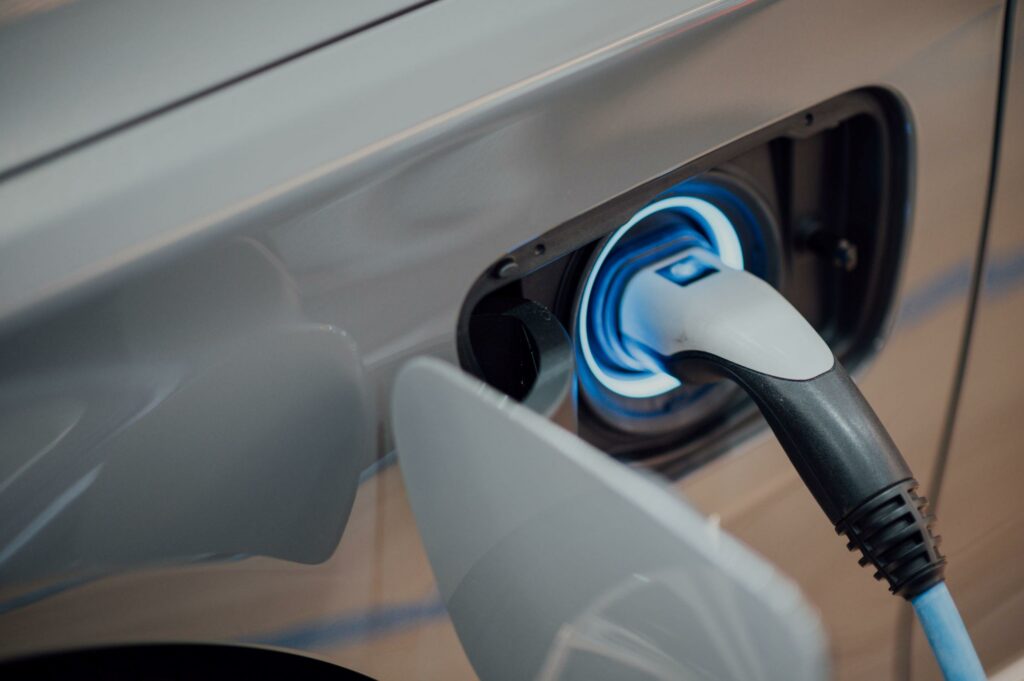Research conducted for the global intelligent power management company Eaton, by management consultancy Baringa Partners, has revealed that pairing bidirectional electric vehicle (EV) chargers with renewable generation assets such as solar panels, could save the average homeowner £1,000 per annum.
This is roughly 90% of the average annual cost of charging a mid-sized family car said Eaton.
Businesses, especially those that run fleets, could also benefit from savings through bidirectional charging, the report said.
Bidirectional chargers present multiple benefits to homeowners, including providing energy flexibility as they can both receive energy from the grid and feed it back to it. The report highlighted that bidirectional chargers can store off-peak energy in an EV battery, which can be used during expensive periods or sold back to the grid at peak demand.
The report also identified that the main obstacle to achieving these savings is the lack of investment in technologies that support vehicle-to-grid (V2G) charging. This, the report explained, is due to the inaccessibility of (V2G) charging in the UK and the majority of mainland Europe. The issue is exacerbated by only a minority of EVs being capable of bidirectional charging, added the report.
Managing director at Eaton UK & Ireland, Sibohn Meilke, called for the UK Government to reform the current grid codes that regulate the technical requirements to connect to the electricity grid so as to quicken the integration of V2G charging into the electricity network.
“This would encourage electricity suppliers and the vehicle industry to develop and market the products householders and businesses need to access cost savings, and the grid would be able to handle larger volumes of renewables” said Meilke.
Last year Eaton was one of the 30 industry organisations that signed the Association For Renewable Energy and Clean Technology letter urging Rishi Sunal to remove VAT rates on domestic renewable energies.






